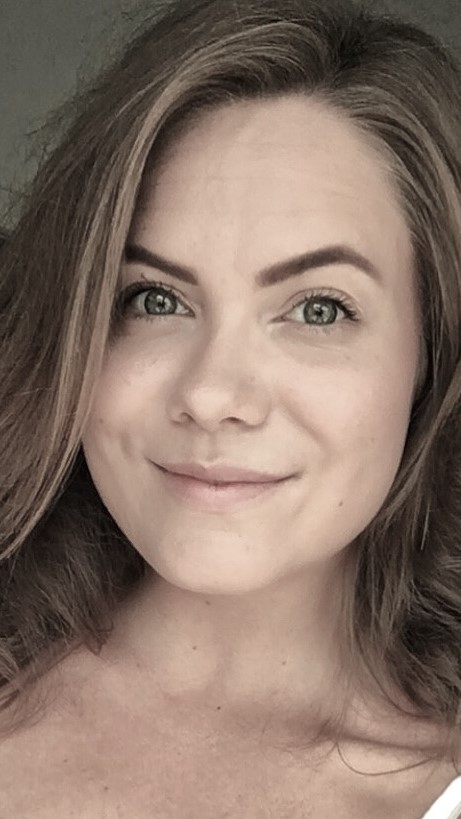Internship at IMAGENU
Blogpost by Salla Manninen, Master’s student in Human Security in Aarhus University, Denmark, intern at the research project IMAGENU.

First day at my new internship and at the home office-style, which has become known to so many throughout the year 2020. Also the plans for my internship were affected by the Covid-19 situation; most drastically so, my physical whereabouts. The initial plan was to travel to Jinja as well as to other locations in Eastern Uganda in the autumn to do fieldwork, experience the country and collect data for my upcoming thesis. Even though I remained hopeful through the spring and the summer that the borders would re-open, I had to finally let go of the plan. I am fortunate, though, that I am still able to work both with the NGO I had originally planned to collaborate with, and on the research project that I had designed.
During the autumn, I will work with ADOVIC (an NGO working on the prevention of domestic violence, based in Jinja) and their social media and communications. Meanwhile I am also affiliated to, and will work with, the IMAGENU research project.
Clearly, these changes have affected my data collection and the resulting master’s thesis, but I am staying positive, as I still get to work with the themes I wish to work with for many years to come. My main themes of interest are women’s rights, human rights, violence and its understanding. Thus, my research revolves around agency and power in the context of gender-based violence and gender relations. In my research I will combine participant observation, interviews and social media analysis. During the autumn social media will be my main informant and, fingers crossed, I will be able to travel to Uganda in the spring to tackle the multiple dimensions of gender based violence in my research.
I will place emphasis on the various socio-economic backgrounds of women and men interlocutors, and with the help of the women’s life stories and narratives, I aim at bringing their voices to the front stage of my research.
My analytical framework will consist on works around agency and structure, biopower and power in general. The theories of agency and structure explore the connection between the world and the people living in it and their social practices. Here, I wish to highlight the importance of viewing agency contextualized and in its broadest sense, opening it up for various interpretations, making it possible to identify it even outside the hegemonic and traditional views on agency. Mahmood’s (2011) definition and understanding of agency brings new aspects to the debate of agency versus structure, and vitally so in the field of women’s agency. She explains how alternative practices of power are always possible: “Feminists have sought to understand how women resist the dominant male order by subverting the hegemonic meanings of cultural practices and redeploying them for their own interests and agendas” (Mahmood, 2011, p. 6). The theories of biopolitics and biopower have been predominantly used in the context of state control, whereas I wish to utilise them in the context of institutions such as gender and marriage, drawing inspiration from the work of Foucault and other scholars who have dived into Foucault’s work before me.
My upcoming fieldwork and the subsequent thesis will be produced in a cooperation with the research project IMAGENU.
References:
Mahmood, S. (2011). Politics of Piety
. Princeton: Princeton University Press. doi-org.ez.statsbiblioteket.dk/10.1515/9781400839919.
